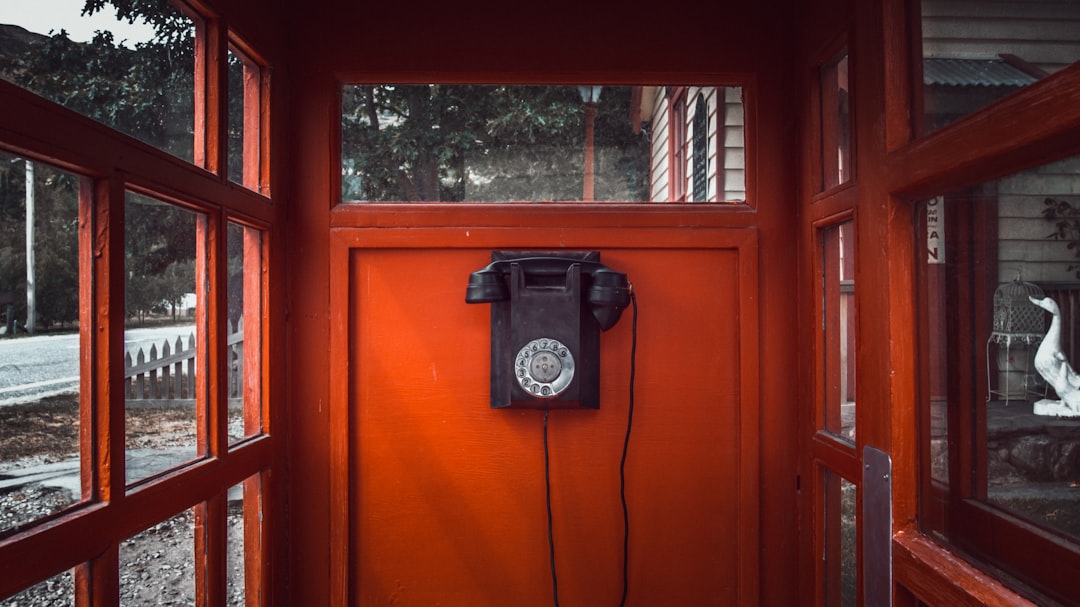Spam calls, driven by advanced technology like automated dialers and robocalls, have become a significant problem in Pennsylvania. Consumers can take action by registering on the National Do Not Call Registry, using call-blocking apps, or purchasing phones with anti-spam features. The state is also addressing this issue through legislative efforts, combining state and federal laws to protect residents from unwanted calls. Future updates aim to enhance do-not-call lists, strengthen penalties, and implement advanced call blocking technologies. By taking proactive measures, Pennsylvanians can reduce the volume of nuisance calls they receive.
In the digital age, no one is immune to the persistent and often annoying deluge of spam calls. Pennsylvania, like many states, grapples with the growing problem of unwanted telemarketing. This article explores the future of spam call legislation in PA, delving into current laws and prospective changes. We equip residents with essential knowledge on ‘how to stop spam calls Pennsylvania’ by understanding their rights and available protections. By analyzing the impact and proposed reforms, we aim to guide Pennsylvanians towards a quieter, less intrusive communication landscape.
Understanding Spam Calls and Their Impact in Pennsylvania

Spam calls, or unsolicited telephone marketing calls, have long been a nuisance for many Pennsylvanians. With the advancement of technology, these calls have become even more pervasive and intrusive. Automated dialers and robocalls are now commonly used to make these unwanted contact attempts, often with pre-recorded messages promoting various products, services, or even fraudulent schemes. The impact of spam calls is significant; it not only disrupts individuals’ daily lives but also contributes to a sense of insecurity and privacy invasion.
In Pennsylvania, the frustration with spam calls has led to growing concerns and legislative actions. Consumers often feel helpless against these relentless calls, prompting them to seek solutions. One effective method to combat spam calls is to register on the National Do Not Call Registry. This federal list prohibits telemarketers from calling phone numbers listed on it. Additionally, Pennsylvania residents can take proactive steps like using call-blocking apps or purchasing phones with built-in anti-spam features. By staying informed about current legislation and adopting these measures, Pennsylvanians can contribute to a safer and less spammy telecommunications environment.
Current Legislation Against Spam Calls in PA: A Look at Existing Laws

In Pennsylvania, the fight against spam calls is regulated by a combination of state and federal laws. The Telephone Consumer Protection Act (TCPA), a federal statute, serves as the cornerstone of these regulations, prohibiting businesses from making automated or prerecorded phone calls to consumers without their prior express consent. This law is complemented by Pennsylvania’s own legislation, which adds specific layers of protection for residents.
Under Pennsylvania law, individuals have the right to seek legal recourse against unwanted spam calls. The state’s Unfair Trade Practices and Consumer Protection Law prohibits deceptive or unfair practices in commerce, including making false or misleading representations in marketing efforts. This provides a framework for holding offenders accountable. Additionally, Pennsylvanians can register their phone numbers with the National Do Not Call Registry, which offers some relief from unsolicited calls, although it doesn’t specifically target spam. Understanding these legal avenues is crucial for anyone looking to How to Stop Spam Calls Pennsylvania effectively.
Prospective Changes: What the Future Holds for Spam Call Regulation

The future of spam call legislation in Pennsylvania looks promising, with prospective changes aimed at better protecting residents from unwanted telemarketing calls. In recent years, there has been a growing demand for more stringent regulations due to the increasing number of spam calls received by Pennsylvanians daily. This shift is reflected in proposed updates to state laws, which focus on enhancing existing do-not-call lists and strengthening penalties for violators.
One anticipated change is the implementation of advanced call blocking technologies that can automatically identify and filter out spam calls at the network level. Additionally, there might be requirements for call centers to obtain explicit consent before making marketing calls, effectively reducing the volume of unsolicited calls. These prospective measures will not only make it easier for residents in Pennsylvania to control how they receive communication but also provide a more effective solution to the age-old problem of how to stop spam calls.
How Residents of Pennsylvania Can Protect Themselves from Spam Calls

Residents of Pennsylvania can protect themselves from spam calls by taking several proactive measures. Firstly, consider registering your phone number on the National Do Not Call Registry. This federal list restricts telemarketers from calling numbers listed on it. In addition, install reputable call-blocking apps or hardware devices designed to filter out unwanted calls. These tools learn and adapt to block common spammer patterns, significantly reducing the volume of nuisance calls you receive.
Regularly reviewing and updating your privacy settings on social media platforms and other online accounts is also crucial. Restrict access to your contact information as much as possible. Furthermore, be cautious when sharing your phone number online or providing it to businesses you’re not familiar with. Verify the legitimacy of any requested actions before doing so to avoid inadvertent sign-ups for promotional services.






